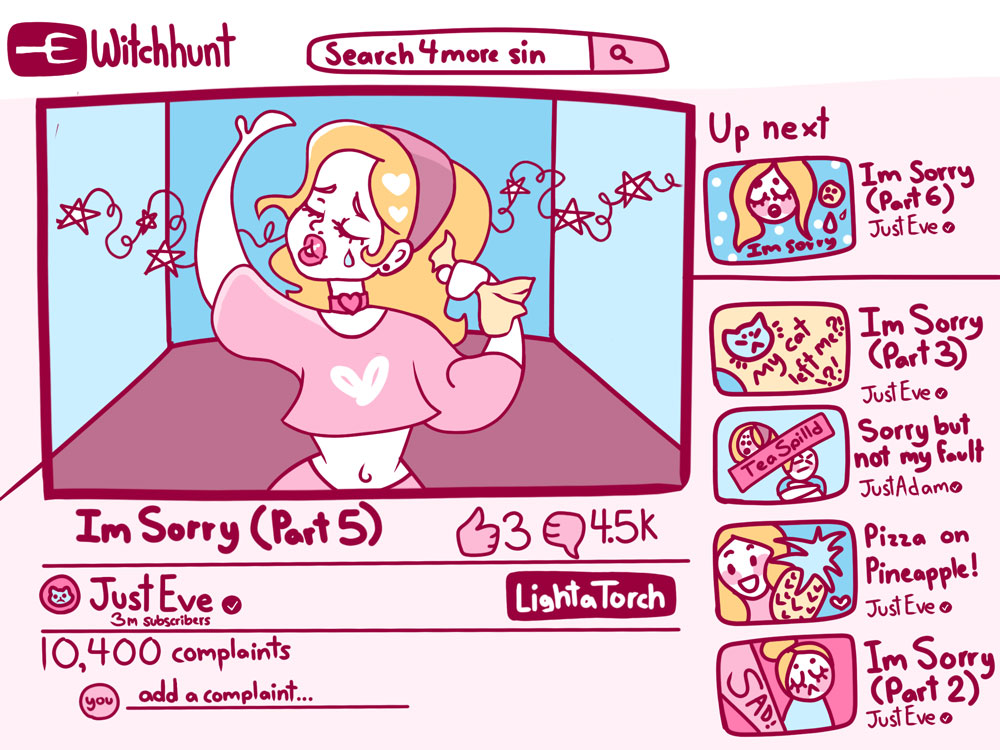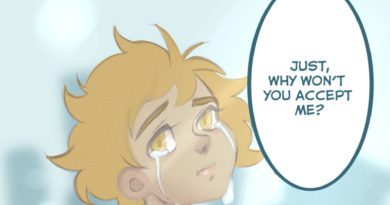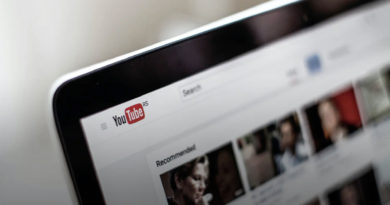Let’s End Youtube’s Cancel Culture
In recent years, cancel culture has emerged within the YouTube community. This culture refers to a boycott of a person, usually a celebrity or influencer, who has voiced an unpopular opinion or has acted in an arguably offensive manner, resulting in them being called out on social media.
The idea of canceling was prompted by a higher demand for influencers to take accountability for their words and wrongdoings and while accountability is necessary, the act of cancelling has only made YouTube a hostile, toxic and unhealthy online environment for users and content creators.

Notable examples of cancelled Youtubers include James Charles and Logan Paul. In January 2018, influencer Logan Paul became notorious for uploading a video of him and his friends visiting Japan’s Aokigahara forest, a suicide site, where he came across a dead person’s body and filmed it.
Upon discovering the corpse, he proceeded to senselessly crack jokes. The internet outrage followed him almost immediately after the video’s release. Many claimed it was insensitive for him to ridicule and disrespect the suicide victim and his or her family. Paul lost subscribers, faced countless death threats and lost business deals.
In fact, according to the Huffington Post, a petition was made seeking to remove him from Youtube; it gathered approximately 500,000 signatures. Fellow Youtuber Rebecca Black and actress Sophie Turner also scolded Paul for his lack of social awareness. Despite posting an apology video in which he promised to “be better,” viewers still attacked him for being self-praising and uploading inappropriate content to begin with.
Since this incident, he has been involved in more controversies, though not as significant. Still, regardless of the internet’s attempts to officially cancel Paul, he manages to keep coming back.
A more recent example is the cancelling of beauty guru James Charles last year. In May 2019, makeup star Tati Westbrook posted a video titled “Bye Sister” explaining why she was no longer interested in having a professional or personal relationship with Charles.
To contextualize, Westbrook owns her own vitamin company called Halo Beauty and, according to her video, Charles advertised a rival supplement’s company on social media, which she deemed a betrayal. She also accused him of using his fame as a tool for manipulative behavior.
This tarnished his reputation in a matter of days, so much so that he lost about three million subscribers after having reached 15 million. Death threats flooded his comment sections and he was soon considered cancelled by the beauty community.
To everyone’s surprise, Charles pulled an UNO reverse card, as they say. In a 41-minute video titled “No More Lies,” James Charles essentially debunked every single accusation made by Westbrook, showing “receipts” or evidence—which mostly consisted of text messages and direct messages on Instagram—that proved Westbrook’s blatant dishonesty about the situation.
He regained his followers shortly after and was able to bounce back. The most disheartening aspect of this though was the quick, easy willingness of people to bully and cancel the young YouTube star, without knowing both sides of the story.
In conclusion, cancel culture, especially within Youtube, only promotes cyberbullying and the dehumanization of people. While YouTube personalities should not evade responsibility for their actions, it is important to recognize that they are human and make mistakes, just as their subscribers do.
There are more effective ways to have these influencers learn their lesson. Cancelling the cancel culture is perhaps the first step to getting rid of this toxic mentality.




